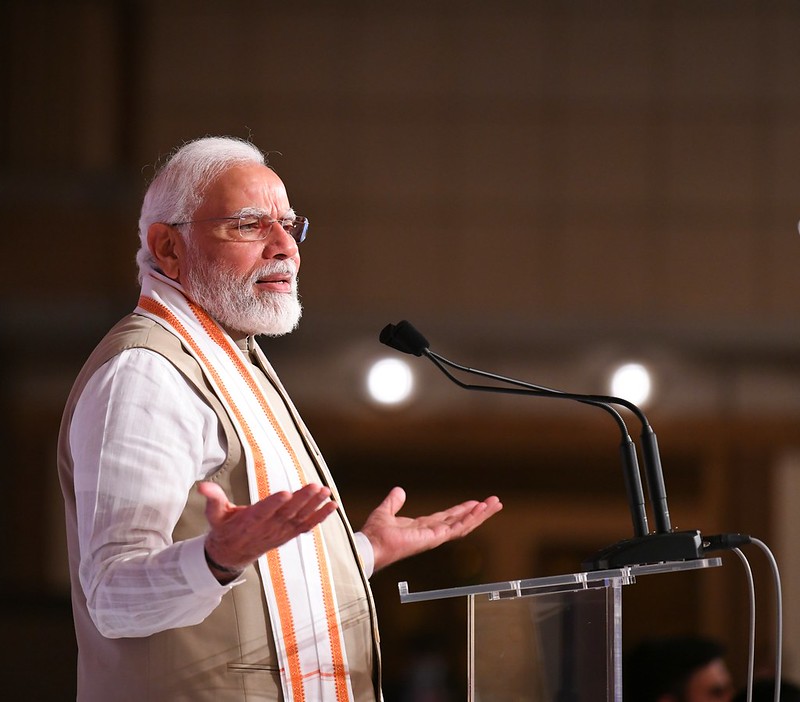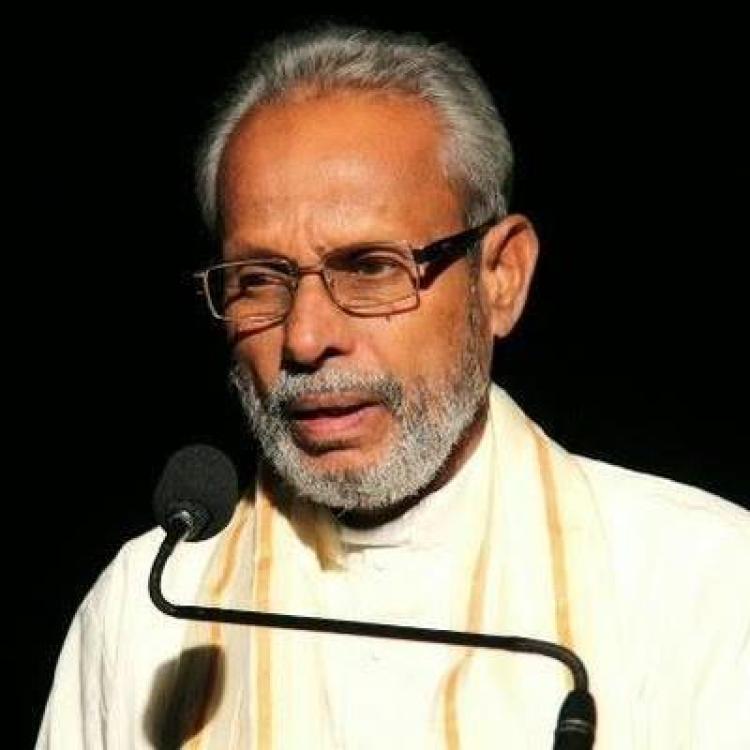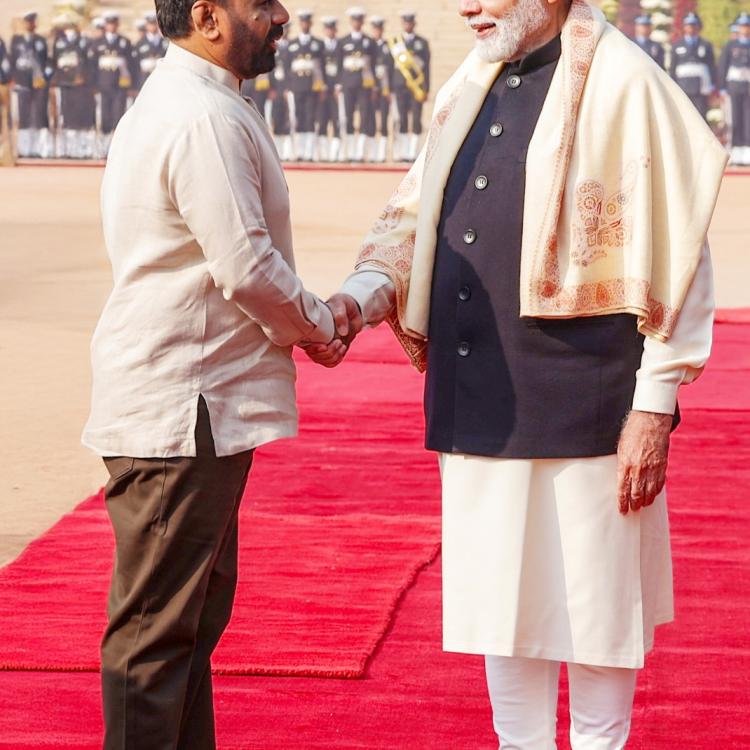
India and Sri Lanka are set to sign their first-ever defence cooperation agreement during Prime Minister Narendra Modi's visit to Colombo, with reports that a deal to link electricity grids with a cable connecting Mannar to Tamil Nadu will also be inked next week.
Modi is set to visit Colombo from April 4 to 6, where the agreements are slated to be finalised and signed.
The move represents a notable shift for Sri Lankan president Anura Kumara Dissanayake and his party, the Janatha Vimukthi Peramuna (JVP), which has historically maintained an ‘anti-India’ posture and even waged a brutal insurrection as the Indian Peace Keeping Force (IPKF) came to the island in the 1980s.
The framework agreement on defence cooperation is the first major update in bilateral defence ties since the IPKF intervention. The two sides reportedly began work on this agreement following Dissanayake's visit to New Delhi in December 2024.
In recent days, Sri Lanka proposed technical amendments to the draft, and the agreement is expected to be finalised during Modi's visit. Foreign Secretary Vikram Misri confirmed, "an MoU on defence cooperation is expected to be signed during the visit”.
In addition to the defence pact, the two nations will sign a Memorandum of Understanding (MoU) for the Indo-Lanka electricity grid connectivity project. This ambitious initiative aims to link Mannar in Sri Lanka with South India via an undersea cable, facilitating bidirectional electricity trade and enhancing energy security for both countries.
The project envisions a high-voltage direct current (HVDC) connection between Madurai in southern India, through Tamil Eelam and into Anuradhapura in central Sri Lanka, spanning approximately 285 kilometres, including 50 kilometres of submarine cables through the Palk Strait.
Sri Lanka's Foreign Minister Vijitha Herath reportedly highlighted the strategic importance of this project, stating that it aims to transform Sri Lanka into an energy hub, enabling the export of excess renewable energy to India and other countries in the region.
These agreements signify a pivotal shift in Sri Lanka's foreign policy under Dissanayake, reflecting a move towards closer ties with India despite the JVP's traditionally anti-India stance.
The Indian Ministry of External Affairs confirmed that Modi’s visit will include meetings with Sri Lankan political leaders and senior dignitaries, as well as a visit to Anuradhapura on April 6 to inaugurate development projects funded through Indian financial assistance. The visit is being framed as part of India’s broader regional strategy, in line with its ‘Neighbourhood First’, ‘Act East’, and ‘MAHASAGAR’ policies, which seek to deepen ties across the Indo-Pacific.
This will be Modi’s first visit to Sri Lanka since 2019, and it follows his participation in the 6th BIMSTEC Summit in Thailand.


